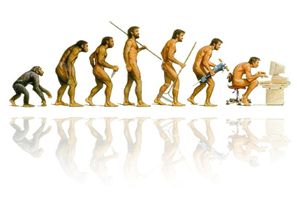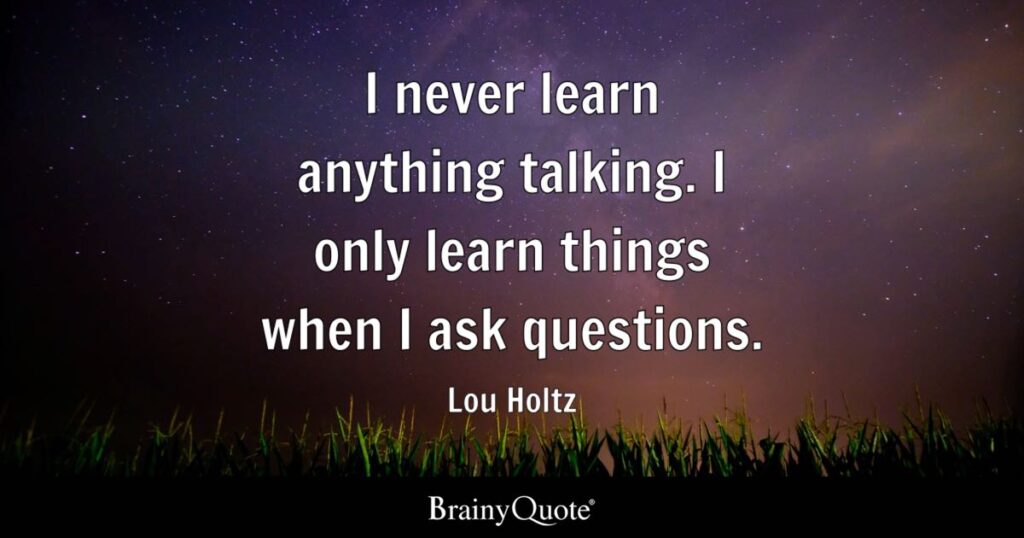 In the beginning there was man . . . and man had a job, to be fruitful and multiply . . . and it was good. Finding a job was easy. Of course you had to be appealing to the opposite sex in order to fulfill your responsibilities, but while you may have needed to interview well, you didn’t need a resume. As humanity evolved, merely being fruitful and multiplying wasn’t sufficient. As the earth became more populated, the competition increased, to be fruitful and multiply one had to become more appealing and develop new talents to attract a mate, thus great hunters and gatherers were born. Again, the fruits of your labor were apparent without the need of a resume.
In the beginning there was man . . . and man had a job, to be fruitful and multiply . . . and it was good. Finding a job was easy. Of course you had to be appealing to the opposite sex in order to fulfill your responsibilities, but while you may have needed to interview well, you didn’t need a resume. As humanity evolved, merely being fruitful and multiplying wasn’t sufficient. As the earth became more populated, the competition increased, to be fruitful and multiply one had to become more appealing and develop new talents to attract a mate, thus great hunters and gatherers were born. Again, the fruits of your labor were apparent without the need of a resume.
Still the world continued to transform and to survive in the ever changing landscape, men and women adapted. Merely hauling a bison body on your back or gathering grains and bearing berries would no longer suffice, now people needed to do more to compete for mates, they needed good jobs with benefits, that meant acquiring more modern skills and oftentimes an education.
Since the fruits of their labor were less obvious and it would be difficult and unwieldy to take your cave drawings to a potential employer, the resume was born. Evolving from a document written on parchment with a reed or quill pen, we advanced to paper, typewriters and white-out. We started with an objective statement and we sent out mass mailings. Oh, but we have come a long, long way in the evolution of the resume. Objective statements (what I want) are passé and have evolved into marketing statements (what you, the employer wants that I have) and we’ve learned that mass mailings don’t work, we need to use our caveman instincts with a focused target to win in today’s job hunt.
The resume has transformed to the point that not only do we not put pen to paper, we may not even print to paper. With the advent of email and the Internet, sometimes your well-crafted, beautifully formulated document never gets printed at all. It’s created, sent and viewed entirely online. It has also transformed beyond a mere resume into an online presence on LinkedIn, where hiring managers, executives and recruiters can find it instantly. And most recently, the resume has also entered a new evolutionary phase, becoming an online presence in and of itself in the form of a cutting-edge web portfolio.
Do we still need resumes? Absolutely! They’re the basis for your online presence; some people have not gone entirely paperless, and you should print your resume (and if you’re an executive, your bio) and bring it with you on your interviews. But, if you want to truly demonstrate that you’re progressing and growing with the changing world, you need to leave your caveman days behind and join Gen Z in a competition that’s morphed from earthbound hunting grounds to cyberspace and the World Wide Web.
~ Linda



